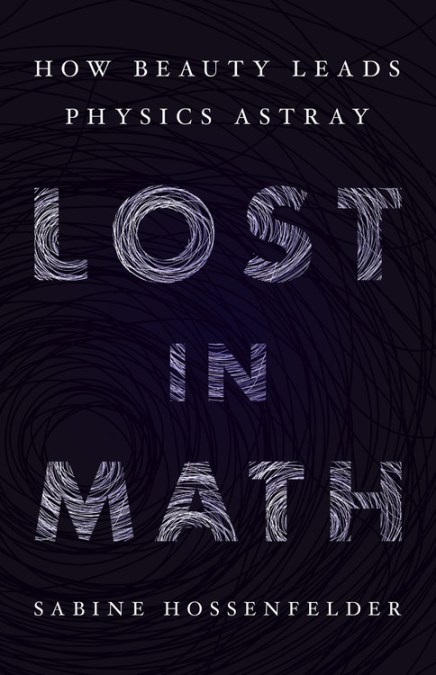
From Sabine Hossenfelder, author of Lost in Math: How Beauty Leads Physics Astray, This is the fifth and final item in a series on the multiverse:
This is not a polemical argument and it’s not meant as an insult. But believing in the multiverse is logically equivalent to believing in god, therefore it’s religion, not science.
To see why, let me pull together what I laid out in my previous videos. Scientists say that something exists if it is useful to describe observations. By “useful” I mean it is simpler than just collecting data. You can postulate the existence of things that are not useful to describe observations, such as gods, but this is no longer science.
Universes besides our own are logically equivalent to gods. They are unobservable by assumption, hence they can exist only in a religious sense. You can believe in them if you want to, but they are not part of science.
I know that this is not a particularly remarkable argument. But physicists seem to have a hard time following it, especially those who happen to work on the multiverse. Therefore, let me sort out some common misunderstandings.
Sabine Hossenfelder, “Why the multiverse is religion, not science.” at BackRe(Action)
Of course she’s right about the religion part. Much that is going wrong with science today is the tendency to use various science ideas as secular religions.
The multiverse happens to be a particularly devastating one because it strikes at the very idea of evidence. See: The multiverse is science’s assisted suicide
That said, we fear that her target audience actually knows all this and doesn’t care. If they have genuinely imbibed the lessons of the multiverse, all they need do is enforce their ideas as dogma and that is as much truth as will ever exist anyway.
See also: Sabine Hossenfelder Summarizes Multiverse Theories, Asks: Science Or Fiction?
Sabine Hossenfelder: The multiverse is a fringe idea
and
Sabine Hossenfelder On The Flight From Falsifiability
Follow UD News at Twitter!